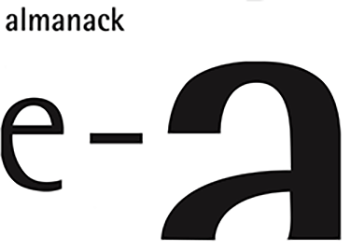Abstract
This essay analyses connections between State and Society in nineteenthcentury Brazil, taking as a case study the close relations between the political defense of the illegal slave trade and the making of a political-electoral structure on a national level, in the 1830s and 1840s. In its first section, it discusses studies that have approached the problem of the relations between State and Society in imperial Brazil and are still influential on the historiographical researches. Then, it points out how the political defense of the illegal slave trade cemented alliances between parliamentarian leaders of the Brazilian Center-South region and the slave-owners of the Paraíba Valley. In the third section, it suggests that those very same parliamentary leaders built up a political-electoral national structure through the reform of the Code of Criminal Procedure, whose effects upon the workings of the Brazilian State were strongly felt throughout the nineteenth century. As a conclusion, this essay presents the actions of Honório Hermeto Carneiro Leão, then provincial president of Rio de Janeiro, against the rebellions of 1842 as the epitome of the historical processes discussed above.
Keywords:
slave trade; politics in Brazil; elections; State; society
